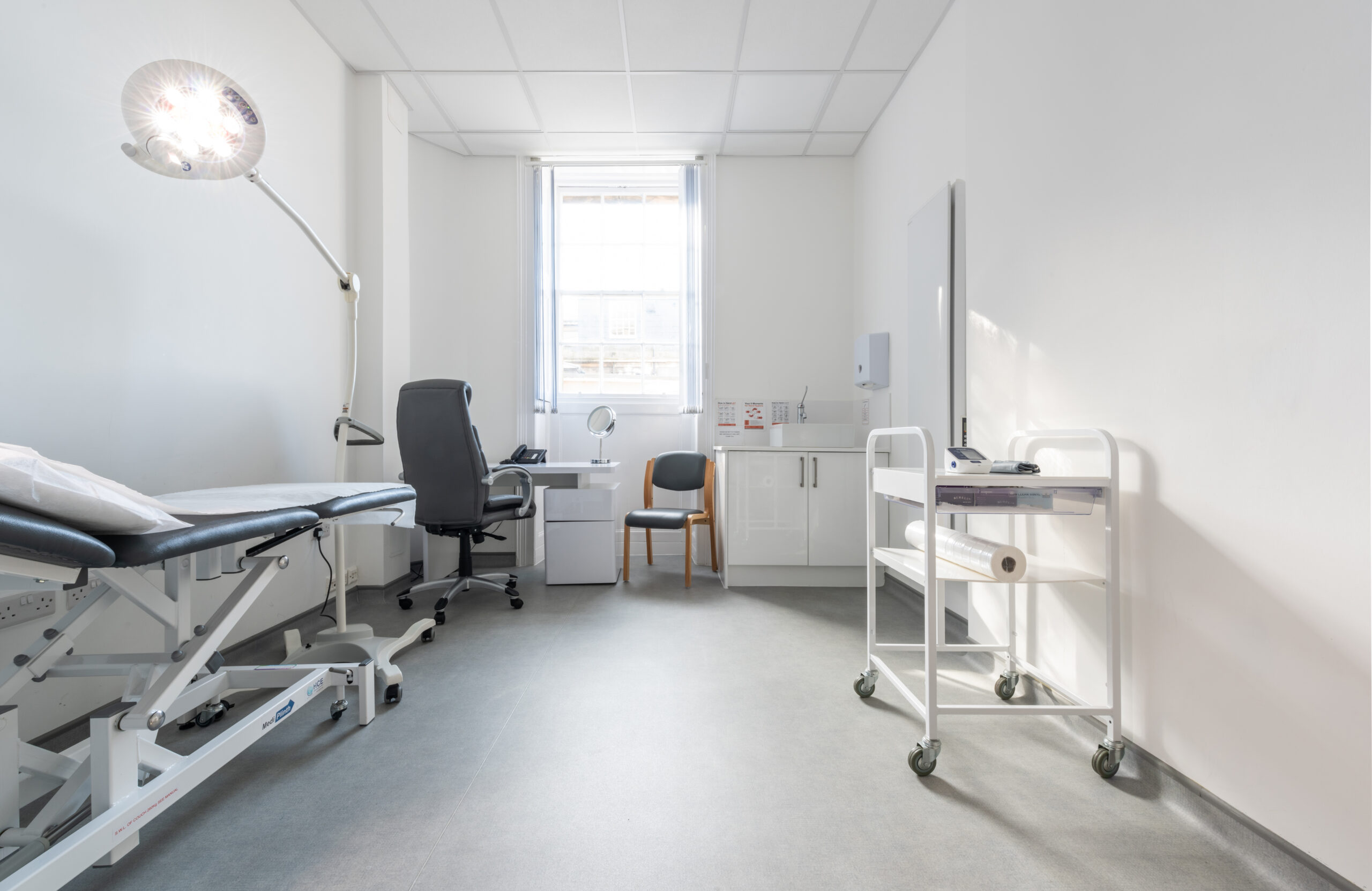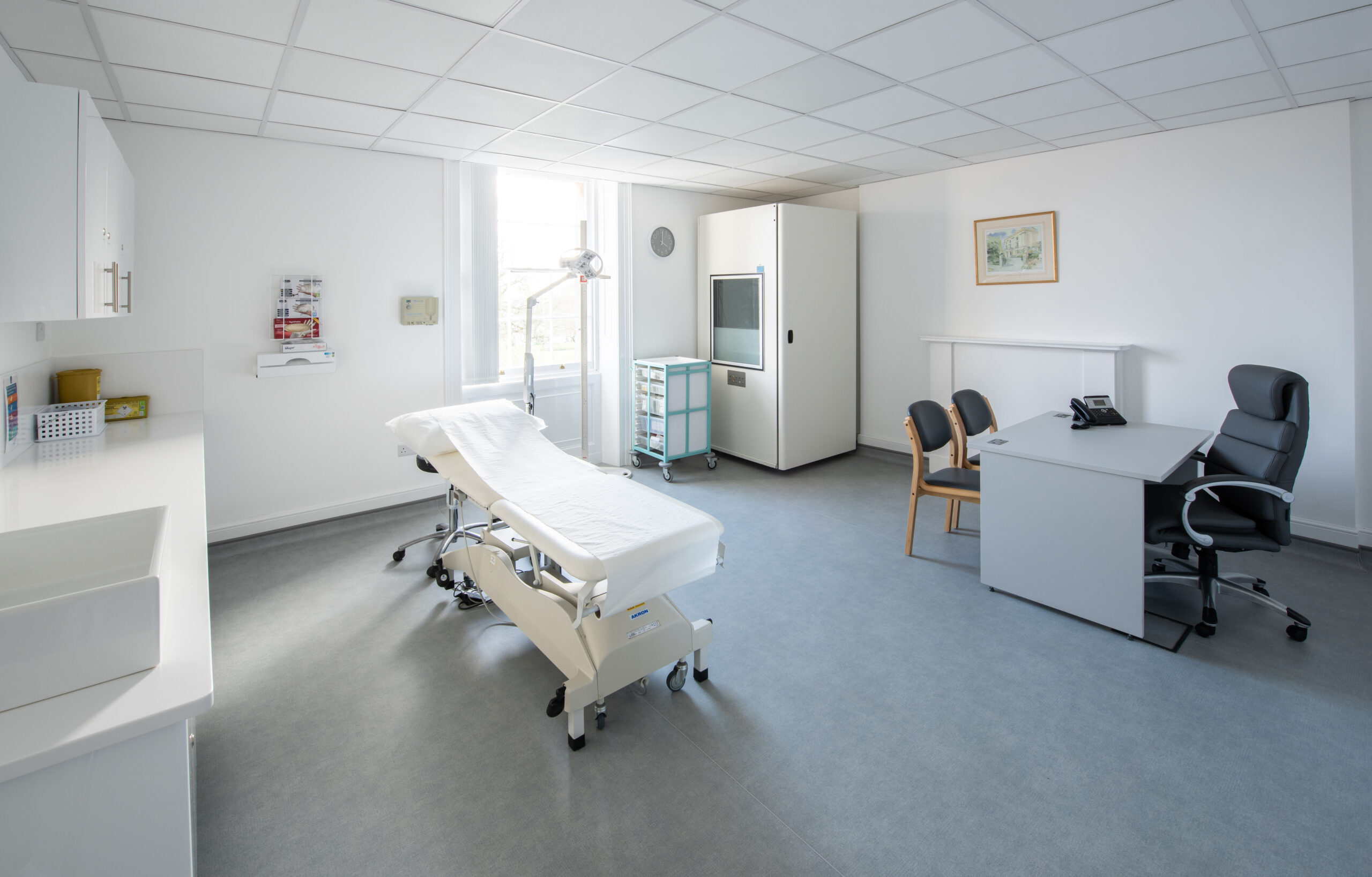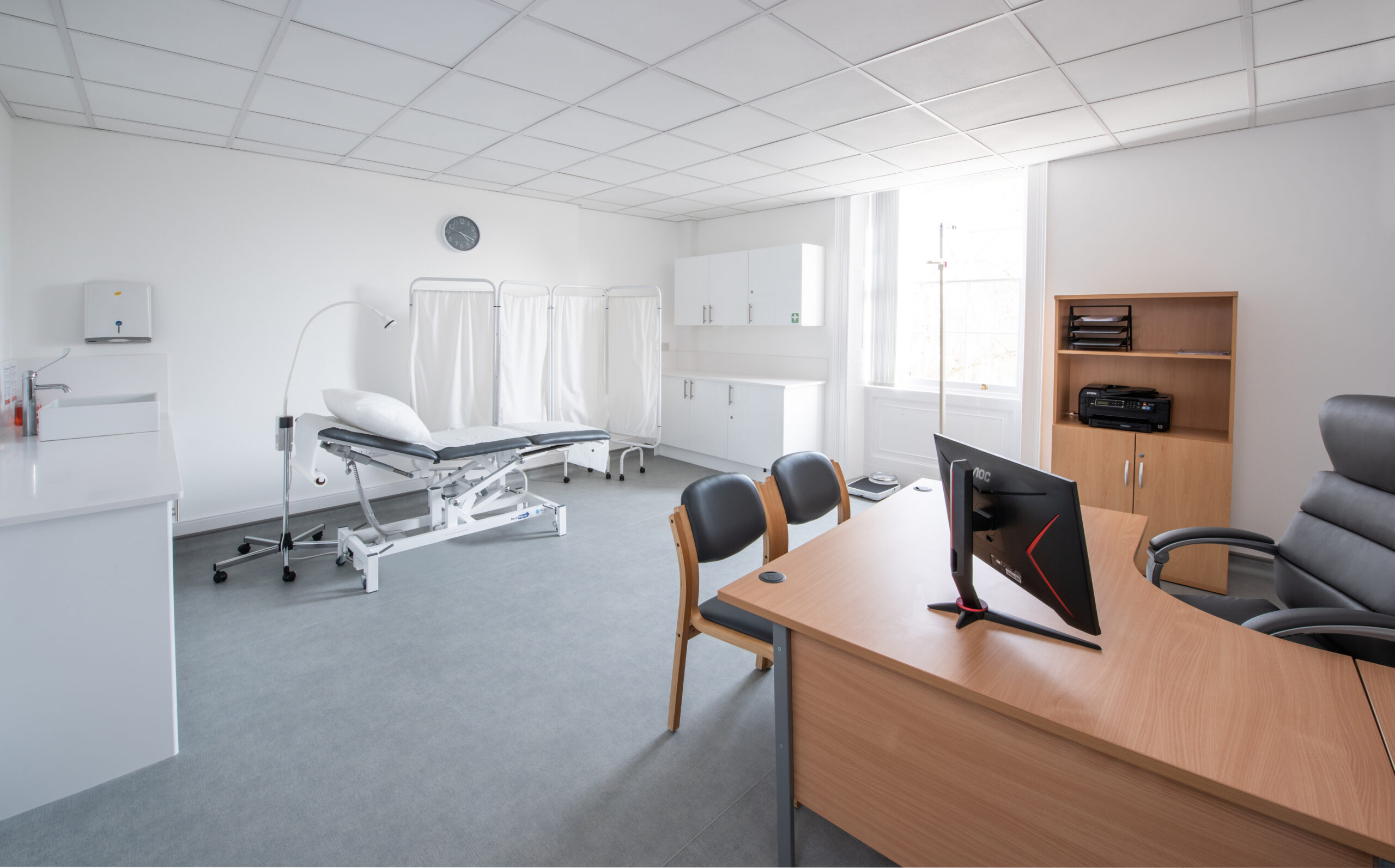Litfield House Medical Centre is proud to facilitate access to wide variety of medical professionals under one roof.
Education and Events
At Litfield House Medical Centre, we host Three Series of 6 GP Educational Lectures throughout each year. These evenings are certificated towards Continual Professional Development (CPD) learning. With the new changes in data protection and the implementation of GDPR, if you are a medical professional and wish to be added to our database, so you can be sent our GP Lecture programme straight to your inbox, please follow this link below to register your details:
Series Two Lecture Programme 2025
15 May 2025 at 7:30 pm
EARLY CLARITY, BETTER CARE: ULTRASOUND SUPPORT FOR GPS IN PREGNANCY AND PELVIC SYMPTOMS
Dr Suvarna Mahavarkar
Consultant Gynaecologist, Director and CQC Manager - Somerset Baby Scans
Dr. Suvarna Mahavarkar is a Consultant Gynaecologist and the Director of Somerset Early Scans, a private ultrasound scan service dedicated to providing timely and accessible ultrasound support for women’s health in primary care.
She holds consultant posts at St Michael’s Hospital and Weston General Hospital (University Hospitals Bristol and Weston NHS Trust) and sees private patients at Nuffield Health Bristol Hospital. Her specialist interests include early pregnancy care, transvaginal scanning, menstrual disorders, Fibroids, pelvic pain, hormone replacement therapy, and vulval conditions. She is also a BSCCP-accredited colposcopist and leads the tertiary vulval dermatology clinic at St Michael’s Hospital.
Through Somerset Early Scans and her NHS and private work, Dr. Mahavarkar aims to empower GPs with faster access to diagnostic clarity—particularly in the context of early pregnancy concerns and gynaecological symptoms. Timely scanning can reduce referral delays, support confident decision-making, and improve patient reassurance and outcomes in primary care settings.
Learning Objectives:
By the end of this session, participants will be able to:
- Identify the most reliable clinical indications for early pregnancy ultrasound (e.g., pain, bleeding, uncertain gestation).
- Differentiate between normal and concerning early pregnancy presentations that require ultrasound.
- Recognize indications for gynaecological ultrasound in non-pregnant women, including:
- Menstrual irregularities (heavy, irregular, or absent periods)
- Pelvic or lower abdominal pain
- Postmenopausal bleeding
- Pelvic including uterine and ovarian pathologies
- Understand the role of pelvic ultrasound in monitoring and assessing hormone replacement therapy (HRT), including endometrial evaluation.
- Apply appropriate referral criteria and pathways for ultrasound imaging in primary care.
- Improve confidence in clinical decision-making regarding early pregnancy and gynaecological symptoms using ultrasound support.
Register
22 May 2025 at 7:30 pm
OVERCOMING INSOMNIA
Dr Ashish Bhatia
General Practitioner and Founder of Humble
Learning Objectives are as follows:
- Simplify the science of sleep and understand why insomnia is an issue.
- Explore some of the pros and cons of insomnia interventions.
- Inspire and empower you with practical resources to help people improve their sleep.
- Share how you can sign post people to holistic insomnia support.
5 June 2025 at 7:30 pm
PLATELET-RICH PLASMA AND OTHER NON-MEDICATED TREATMENTS FOR HAIR LOSS
Chloe Heyworth
Micropigmentation Specialist
Chloe Heyworth is a Trichologist and the owner of Micro Artistry Hair Clinic in Somerset. The clinic provides specialist hair simulation, stimulation, and removal services including Scalp Micropigmentation (SMP), Platelet-Rich Plasma Therapy (PRP), and Diode Laser Hair Removal. Chloe completed her level 4 qualification in Trichology with TrichoCare Education. To date, Chloe has helped 100s of men and women from her award-winning clinic with non-medicated solutions to tackling hair loss. She was invited to speak on her knowledge of non-medicated hair loss solutions specifically for women at the British Association of Hair Restoration Surgery (BAHRS) Annual Conference in London in May of last year.
Learning objectives with case studies:
– Overview of the mechanisms of Platelet-Rich Plasma Therapy
– Comparing Platelet-Rich Plasma Therapy with traditional treatment options
– Exploring other non-medicated alternatives for hair loss
– Fostering patient-centred approaches in hair loss management
In this talk, Chloe hopes to share her experience on treating many forms of hair loss through alternative options with a focus on PRP Therapy, and how GPs may be able to provide more options to patients suffering from hair loss.
Register
.





